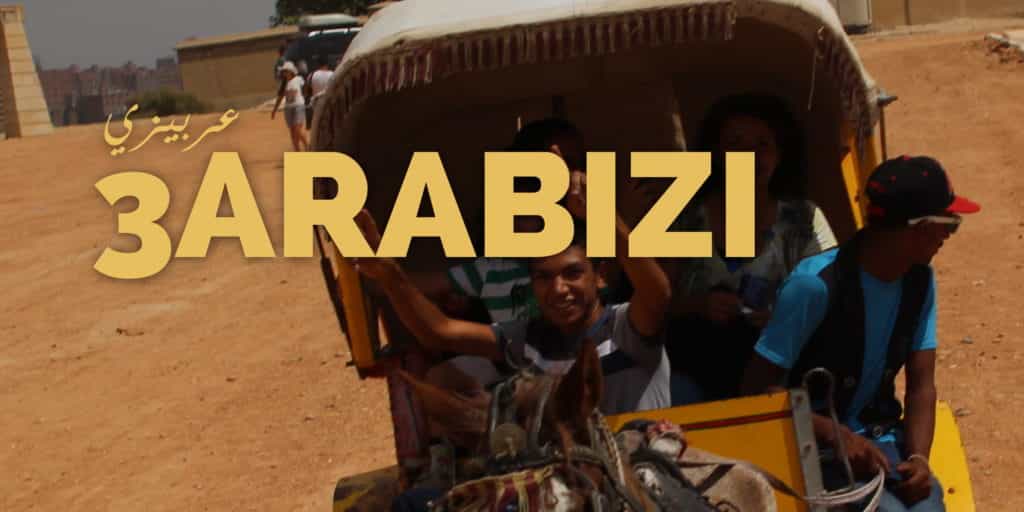Transliteration and texting in Arabic – Why so many numbers?
Author

Something that completely boggled my mind when I was living in Jordan and first began texting in Arabic was the fact that there exists an entire system for writing colloquial Arabic with Latin script plus a few numbers.
Rather than use the Arabic alphabet, it's a very common way to write for Arabic-speakers to communicate on social networking sites such as Facebook or Twitter.
All of the Latin letters pretty much represent the sound that they normally do in English, but here is a list of what Arabic sound each specific number represents:
2 – ء
(Note that this number can sometimes represent words originally spelled with a qaf, but because the hamza/glottal stop pronunciation is favored in colloquial Arabic, the 2 is very often subbed in for this letter. See my post on letter changes in colloquial Arabic.)
3 – ع
5 — خ
6 — ط
7 — ح
8 — ق
The following are some example words/phrases to get you started reading Arabic written in the Latin alphabet.
Remember that spelling is flexible.
The Arabic version and translations/explanations are written at the bottom of the post.
1. Kul 3am wa ente bi5ayr
(Hint: Look at the Allah expressions/holiday greetings post to remember what this phrase means)
2. 6ayyeb, bashufak bukra
3. Alf mabrouk 7abibi!
4. Meshta2alek kteer
5. 7elu jismik, shu ismik?
6. Bidak buza wa la esh?
7. 3la rasi 7abibti
8. Bidde aru7 3lsou8 hal2, bidik teeji ma3i?
Arabic script, translations, and explanations
This is a way to wish someone well on a holiday or their birthday. You’ll see it all over facebook at the end of Ramadan.
Okay, I’ll see you tomorrow.
tomorrow
to see
okay
You can say this after someone graduates, gets married, gets engaged, etc…any time that someone deserves a congratulations.
A thousand
Congratulations
my dear (this is a very common term among men AND women and in this case the person addressed is male)
“I miss you a lot.”
a lot (جدا)
literally ‘someone who misses.’ Add the ta marbuta if you’re a girl.
Note that the ‘lik’ is actually a separate word (the preposition ‘l’ combined with the appropriate possessive pronoun depending on who the speaker is missing) but gets squished together with meshta2. So if you were a man and wanted to say “I miss her,” you would say:
This is my all-time favorite stupid pick-up line. It means ‘Sweet bod, what’s your name?’ and it rhymes!
sweet, nice, cute
body
Of course, you hear the ‘ik’ on the end of ‘jism’ and ‘ism’ here because the speaker is talking to a woman.
Do you want ice cream or what?
ice cream, usually pronounced ‘buza’ in colloquial
or
but only in instances where the listener has to choose between two options. e.g. Do you want milk or water?
Are you ready or what?
Am I right, or what?
This literally means: “On my head, dear (female).” What it actually means is something more to the effect of, “I’ll gladly do that for you, dear.” A similar phrase that means essentially the same thing is:
I’m going to the market now, do you want to come with me?
to go (to)
the market (often pronounced su’ without the qaf)
colloquial way to say now
colloquial version of the verb جاء, to come. Sounds slightly different but is very similar to the original word.